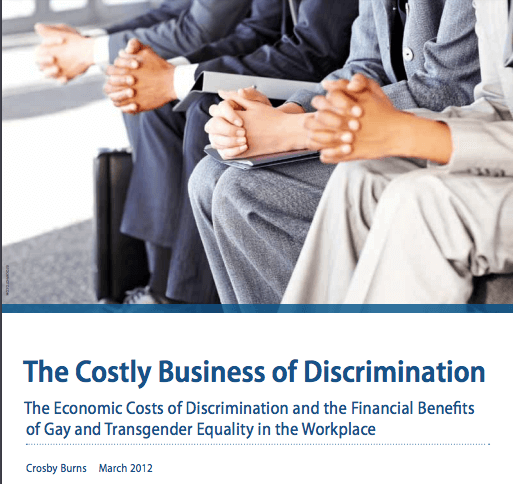NCRC, in collaboration with our academic partners, conducted 60 pre-application mystery shopper tests by telephone with 47 different financial institutions in the Los Angeles, California, metropolitan statistical area (MSA) from July 27 to August 7, 2020, during the last two weeks that federal Paycheck Protection Program (PPP) loans were available to businesses impacted by the coronavirus pandemic. This study was to determine if financial institutions changed their behaviors after being made aware of our previous testing conducted in the Washington, D.C., MSA. The results of that testing were widely reported by the media, including The New York Times, Politico, The Hill and ABC News. The follow-up tests in Los Angeles revealed a combined 21 out of 60 (35%) tests where the White tester was favored over either or both of the Black and Hispanic Testers in violation of the Equal Credit Opportunity Act (ECOA) of 1974. For this round of testing, we conducted 60 multi-layered matched tests which consisted of a Hispanic, Black and White tester each contacting the same financial institution to request information. Thirty of these multi-layered matched tests were conducted by female testers and thirty by male testers. We tested 60 branches from 47 different financial institutions including some national institutions that we had tested in Washington, D.C., during the first round.
Gender Inequalities in Construction Sector
Despite of a huge range of equality initiative and legislation, the construction sector is one of the vast male
dominated industries. Women were under-represented in all construction profession and occupation. Current literature
explains the challenges and problems faced by woman who work in construction sector including structural barriers and
cultural barriers, such as and discrimination and harassment, limited working opportunities and longer inconvenient
working hours which results in high levels of stress for women and poor career prospects. The results problemize current
policy recommendations that female have several skills that can be bring to this industry (such as co-operation). These
policies strengthen the gendered characters of the construction industry’s fail and habitus to recognize how the
underlying practices and structures of the sector reproduce gendered practices.
Female Lawyers Face Unique Challenges During the COVID-19 Pandemic
ABA Journal OCTOBER 1, 2020 BY LIANE JACKSON Out of the many uncertainties surrounding COVID-19, what we do know is that it is deadly, pernicious and unpredictable. In the course of months, the virus sickened millions, crippled industries and reversed hard-won economic gains. The legal landscape, like many other sectors, has changed and continues to evolve with the challenges of a …
Modernizing U.S. Labor Standards for 21st-Century Families
Women now make up almost half the U.S. workforce. Despite the central role women play in the U.S. economy, our labor laws
and institutions do little to address the various ways in which women are held back at work. This not only hampers women’s
economic well-being, but also has implications for U.S. productivity, labor force participation, and economic growth. In this
paper, we propose policies aimed at boosting women’s economic outcomes: paid family leave, fair scheduling, and combatting
wage discrimination. We show how enacting carefully designed policies in these categories will better address the challenges of
today’s labor force, enhance women’s economic outcomes, and provide benefits for the national economy.
Why Men Still Get More Promotions Than Women
Though companies now invest heavily in mentoring and developing their best female talent, all that attention doesn’t translate into promotions. A Catalyst survey of over 4,000 high potentials shows that more women than men have mentors—yet women are paid $4,600 less in their first post-MBA jobs, hold lower-level positions, and feel less career satisfaction.
- Page 1 of 2
- 1
- 2










